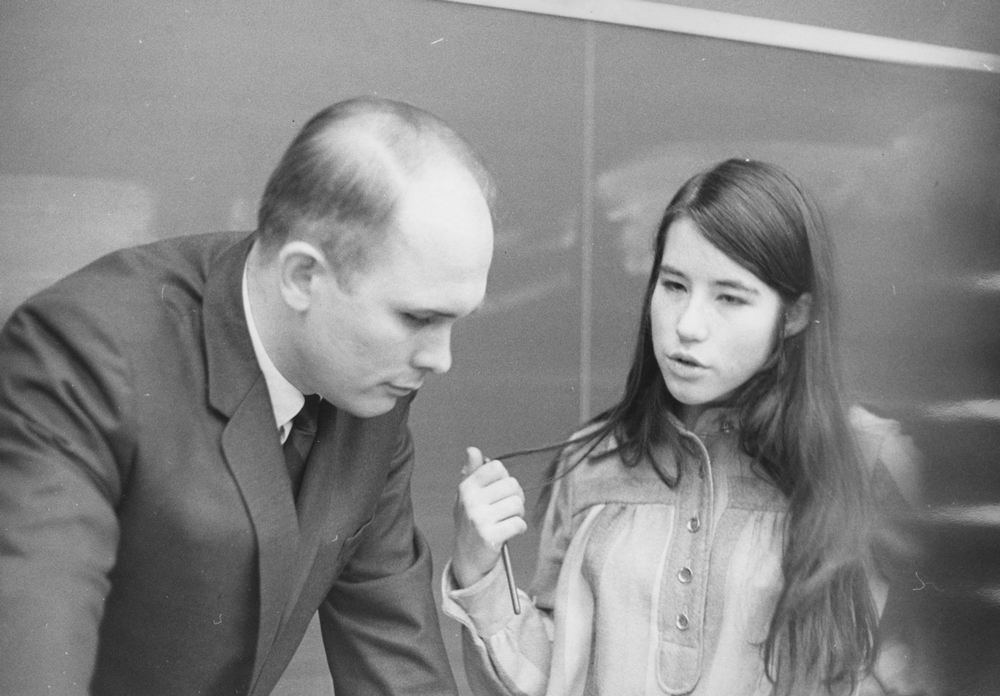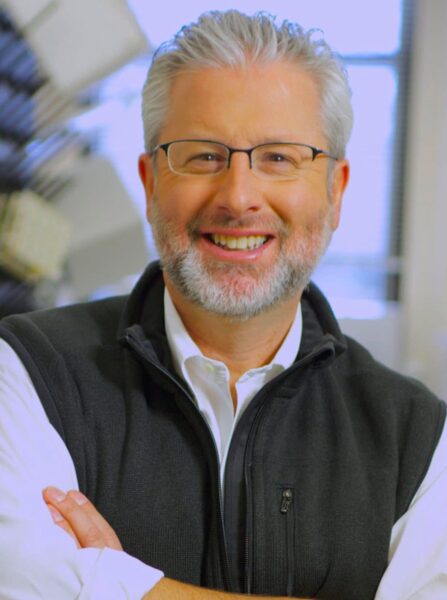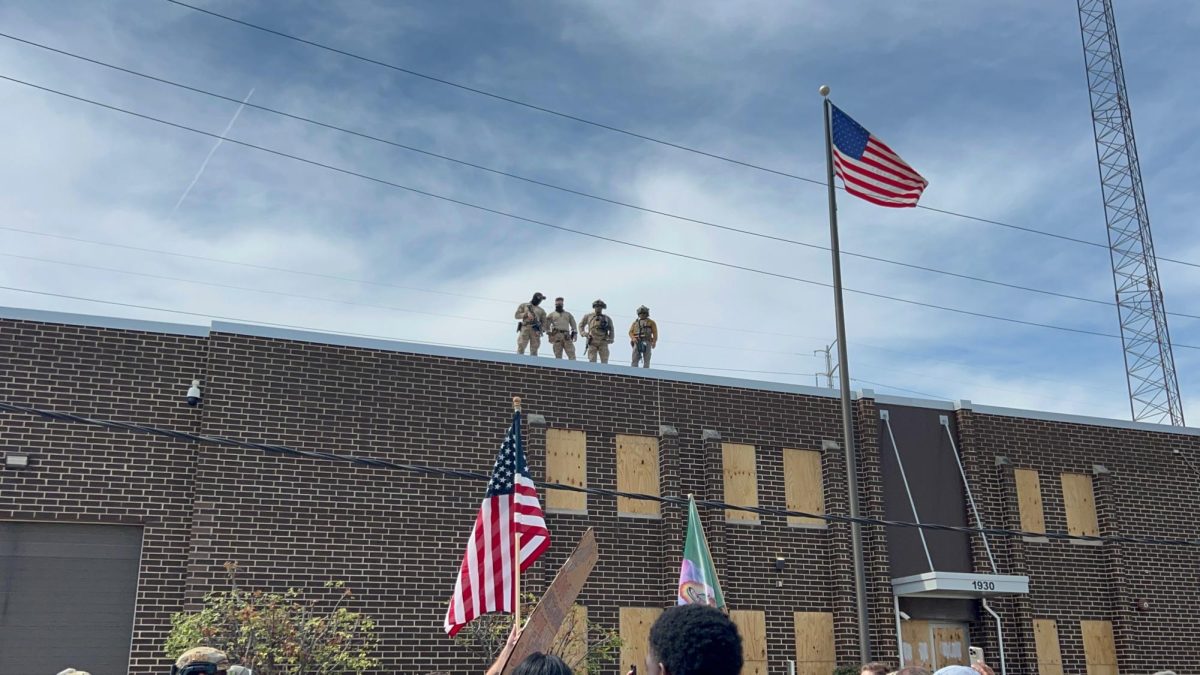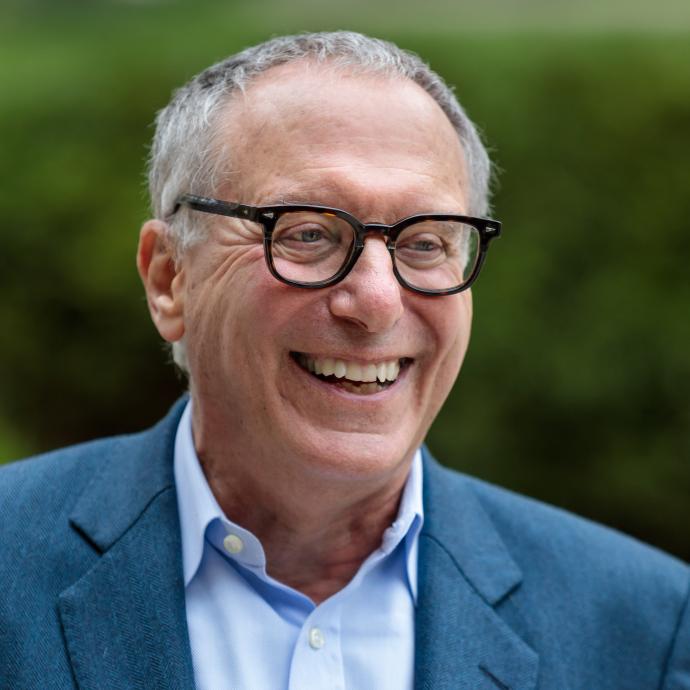Renowned European history professor Carlo Ginzburg recently taught a five-week course entitled “Reading Machiavelli” as a guest of Critical Inquiry, the University of Chicago Press’s quarterly humanities journal, supported by a grant from the office of the president of the University. His visit was part of Critical Inquiry’s program that aims to bring world-class professors to Chicago to teach courses of shortened length to students at the University.
“The idea of the program is to get a leading figure in a particular field–somebody that wouldn’t normally come to Chicago to teach,” said Jay Williams, senior managing editor of Critical Inquiry. “It’s a way to attract famous people.”
Last spring, Ginzburg, who is the Franklin D. Murphy Professor of Italian Renaissance Studies at UCLA, was approached by Critical Inquiry to teach a course of his choosing.
“We chose him because he is one of the foremost historians in the international academic community,” Williams said.
The invitation provided Ginzburg the opportunity to teach about Machiavelli and also to research for the book that he is working on about the political philosopher. Splitting time between the classroom and the special collections department of the Regenstein Library, Ginzburg found his stay at the university helpful.
“I deeply enjoyed this month in Chicago,” Ginzburg said. “The students were interested in debate, we had good discussions, and personally, I learned a lot.”
Critical Inquiry lecture coordinator and Ginzburg’s teaching assistant for the Machiavelli course, Mike Murphy, seemed equally enthusiastic. “It was a great class; everyone seemed to really enjoy it,” he said. “Like any good professor he required a lot out of you, and witnessing Carlo’s teaching and historical method was amazing.”
The class was composed of mainly of graduate students though it had a handful of undergraduates and even a few professors who sat in on several of the classes. “It was a mixed group and it spiced up the conversation,” Ginzburg said.
Speaking to the shortened format of the course, Ginzburg said it was difficult to fit all of the material into the condensed seminar, but overall he thought the format added to the positive intensity of the class. “The seminar made sense,” he said.
The shortened format, according to Williams, was intended to make the visiting professor position more attractive for very busy professors who may not be able to commit to teaching a full quarter. Because the offer is extended to potential professors less than a year in advance, the short format makes it more likely that they will accept the position, Williams said.
Meeting two times a week for three-hour sessions, Murphy said that the course felt similar to any other course of the same caliber. In addition to teaching classes, Ginzburg also delivered two lectures to the University community during his tenure in Chicago.
Ginzburg is the second Critical Inquiry professor to teach at the University. His academic field of specialty is early modern European history with a focus on the Italian Renaissance. After receiving his dottore in Lettere from the University of Pisa in 1961, Ginzburg taught in both Bologna and Paris, as well as at Yale and Princeton Universities before accepting his current position at UCLA in 1988.
The first Critical Inquiry professor was Frederic Jameson, a post-Marxist political theorist. Next year, Critical Inquiry will bring premier French feminist psychoanalyst Julia Kristeva to the University.








